Liberian Beverages: Basic Overview
Common Ingredients
Common Preparing Methods
Drinking Etiquette
Influence and Fusion
Liberian Beverages: Origin and Region
Cuisine
Culinary Region
Classifications of Liberian Beverages
-
Alcoholic Beverages
Liberian alcoholic beverages are rich in tradition and natural flavors.
Palm wine is enjoyed fresh for its sweet, fizzy taste and strengthens as it ferments. Cane juice, a local rum from sugarcane, is another favorite, especially in rural areas.
These drinks, minimally processed to preserve their natural flavors and nutritional benefits, play key roles in cultural and social rituals.
-
Non-alcoholic Beverages
Liberian non-alcoholic beverages, made from abundant tropical fruits and spices, are flavorful and refreshing.
Ginger beer, a blend of fresh ginger, pineapple, and lemon, can be served hot or cold. Fresh fruit juices from locally grown oranges, bananas, and mangoes highlight Liberia’s agricultural richness.
These drinks, prepared using simple methods to retain their natural goodness, are central to family gatherings, festivals, and daily life.
Liberian beverages include both alcoholic and non-alcoholic options, influenced by African and Western culture. Alcoholic drinks are central to social gatherings, while non-alcoholic beverages are enjoyed throughout the day, often with meals or as refreshing standalones.
Palm wine, made from the fermented sap of palm trees, is a popular alcoholic drink enjoyed both fresh and in cooking. Another favorite alcoholic beverage is local rum, or ‘cane juice,’ derived from sugarcane.
Non-alcoholic choices feature a variety of herbal teas and fresh fruit juices, often prepared by steeping or boiling to capture their essence.
These drinks offer flavors ranging from sweet and fruity to spicy and aromatic, using fresh, locally sourced ingredients and traditional preparation methods like steeping, brewing, and distilling.
This guide explores the most common drinks from Liberia, featuring both alcoholic and non-alcoholic options. You’ll also get an overview of Liberian drinking culture, so stay tuned until the end.
Let’s begin now!
9 Best Liberian Beverages
Here are 9 classic Liberian beverages, showcasing a variety of flavors from sweet to sour and bitter. Don’t forget to use the filter function for a smoother reading experience.
Palm Wine
- Alcoholic
- Traditional
Palm wine, known in Liberia as “poyo,” is a traditional beverage made from the sap of palm trees, particularly the oil palm (Elaeis guineensis). When freshly tapped, palm wine is sweet and slightly fizzy, with an alcohol content that increases as it ferments.
Its flavor shifts from sweet to tangy, with hints of yeast and mild acidity. It is a staple at social events and traditional ceremonies like weddings and funerals, enjoyed year-round but especially during the dry season when tapping palm trees is easier.
Coconut Water
- Non-Alcoholic
- Street Beverages
- Traditional
Coconut water is a beloved beverage in Liberian cuisine, sourced from the clear liquid inside young green coconuts. It is prized for its natural sweetness, mild nutty flavor, and hydrating properties.
Typically enjoyed fresh, directly from the coconut, it is available year-round and consumed at any time of day. Coconut water is a staple at social gatherings and beach outings due to its refreshing nature.
Club Beer
- Alcoholic
- National
Club beer, produced by Monrovia Breweries Inc. since 1961, is Liberia’s well-liked beverage. This premium lager offers a refreshing and crisp taste with a mild sweetness from the grainy malt and a slight bitterness from the hops.
Club Beer is enjoyed year-round, particularly at social gatherings, parties, and casual dining events. Available in different sizes—Small, Medium, and Large—it caters to various preferences and occasions.
Ginger Beer
- Non-Alcoholic
- Street Beverages
Ginger beer, or “ginger brew,” is a national beverage in Liberian cuisine. Made from fermented ginger root, sugar, and water, this non-alcoholic drink offers a distinctive spicy and sweet flavor.
The robust taste features the spice of ginger with a sweet undertone and slight acidity from the fermentation, creating a naturally fizzy texture.
Typically served cold, ginger beer is especially popular during Liberia’s hot summer months. It’s enjoyed year-round, often favored during lunch and dinner, and is a staple at family gatherings and traditional celebrations.
Bissap
- Non-Alcoholic
- Traditional
Bissap, also known as hibiscus tea or karkade, is a traditional beverage in Liberia and many West African countries. Made from the dried calyces of the Hibiscus sabdariffa flower, it boasts a ruby-red color and a tart, slightly sweet flavor.
Enjoyed year-round, especially during hot summer months, bissap is a staple at social gatherings, religious events, and celebrations. It is also popular in the Caribbean, the Middle East, and Central Africa, where it’s known as “zobo” in Nigeria and “sorrel” in the Caribbean.
Gana Gana
- Alcoholic
Gana gana, or cane juice, is a traditional Liberian beverage made from fermented sugarcane juice. This street drink boasts a sweet, slightly grassy flavor with a robust alcoholic kick and a smooth texture. It’s popular among locals for its distinct taste and warming bite.
In Liberia, gana gana is widely enjoyed in urban and rural areas with plentiful sugarcane. It’s a year-round favorite at social gatherings, festivals, and local celebrations, notably featured at the annual Cane Juice Festival, which celebrates Liberia’s cultural heritage and promotes tourism.
Sour-Sop Juice
- Non-Alcoholic
- Street Beverages
- Traditional
Sour-sop juice, or graviola or guanabana juice, is a traditional beverage in Liberia. Made from the pulp of the soursop fruit, this exotic drink offers sweet, slightly tangy, and creamy flavors. The juice’s texture can vary from smooth and thick to thin, depending on how it’s prepared.
Enjoyed year-round, sour-sop Juice is often served cold, making it a refreshing choice during hot afternoons or with lunch.
Lemongrass Tea
- Non-Alcoholic
- Traditional
Lemongrass tea, a staple in Liberian cuisine, is made by steeping fresh or dried lemongrass leaves in hot water, it offers a light, citrusy flavor with subtle grassy undertones. Typically enjoyed hot, lemongrass tea is a favorite for breakfast or as a soothing evening drink.
It’s also served chilled year-round, and especially popular during the rainy season when a warm, comforting beverage is appreciated.
Bush Tea
- Non-Alcoholic
- Traditional
Bush tea, also known as “red bush tea” or “rooibos tea,” is a traditional beverage in Liberia and other parts of Africa. Made from the leaves of the Aspalathus linearis plant, it offers a naturally sweet and earthy flavor with subtle hints of vanilla and a smooth texture.
The mild taste of bush tea often includes secondary notes of herbs like lavender, chamomile, or lemon balm, depending on the blend. Enjoyed hot or cold, it’s a versatile drink suitable for any season and commonly served during breakfast or evening.
What Are the Characteristics of Liberian Drinking Culture?
Liberian drinking culture is shaped by the country’s history, social customs, and the types of beverages consumed. Here are 7 key characteristics:
Social Bonding
Drinking is a communal activity in Liberia, fostering social bonds among friends and family during social events and celebrations. This practice is similar to drinks in other African countries.
Ceremonial Importance
Drinks often play a crucial role in ceremonies and traditional practices. For example, palm wine is frequently used in rituals and communal events, symbolizing hospitality and unity.
Etiquette
Sharing drinks is an important aspect of Liberian hospitality. It is customary to offer guests drinks as a sign of respect and welcome.
American Influence
Due to Liberia’s historical connections with the American culture, drinks of the United States have influenced Liberian culture. This is evident in the popularity of commercial beers and spirits.
Bars and Nightlife
Urban areas, particularly the capital city Monrovia, have a vibrant nightlife with numerous bars and clubs where people gather to drink and socialize.
Legal Age
The legal drinking age in Liberia is 18 years old. This allows young adults to legally purchase and consume alcoholic beverages once they reach this age.
Food Pairings
Liberian food and dishes pair well with the country’s beverages. Some traditional pairings include palm wine with fufu, peanut stew, or cabbage stew; club beer with rice dishes, jollof rice; beer with grilled meats, fish dishes, and stews.
Ready to sip on something new? Liberian beverages are a must-try. Tell me which one you’ll try first and don’t forget to check out other drinks from around the world! Thank you for your time!
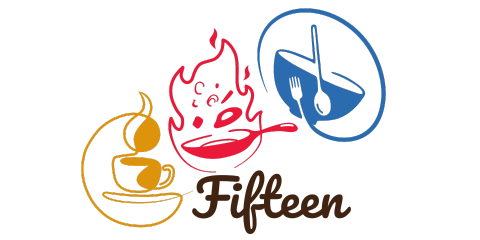

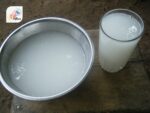
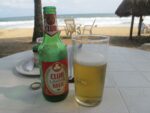
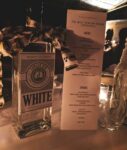

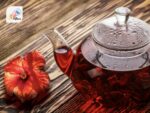
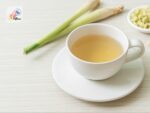
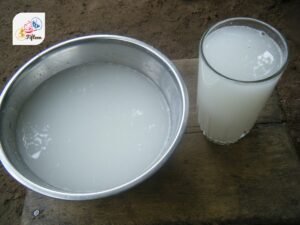
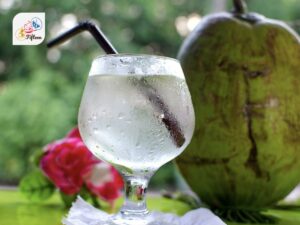
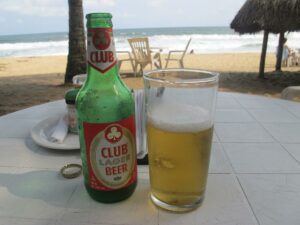
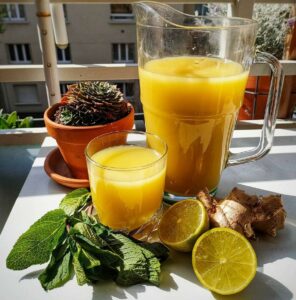
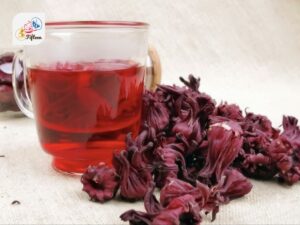
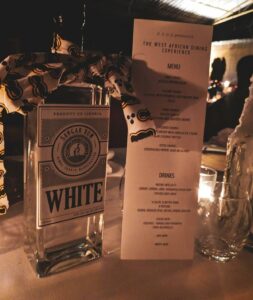
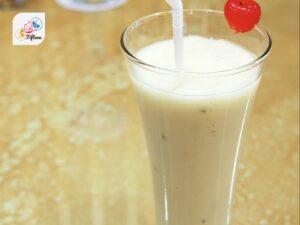
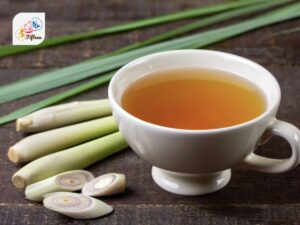
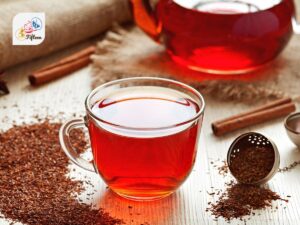
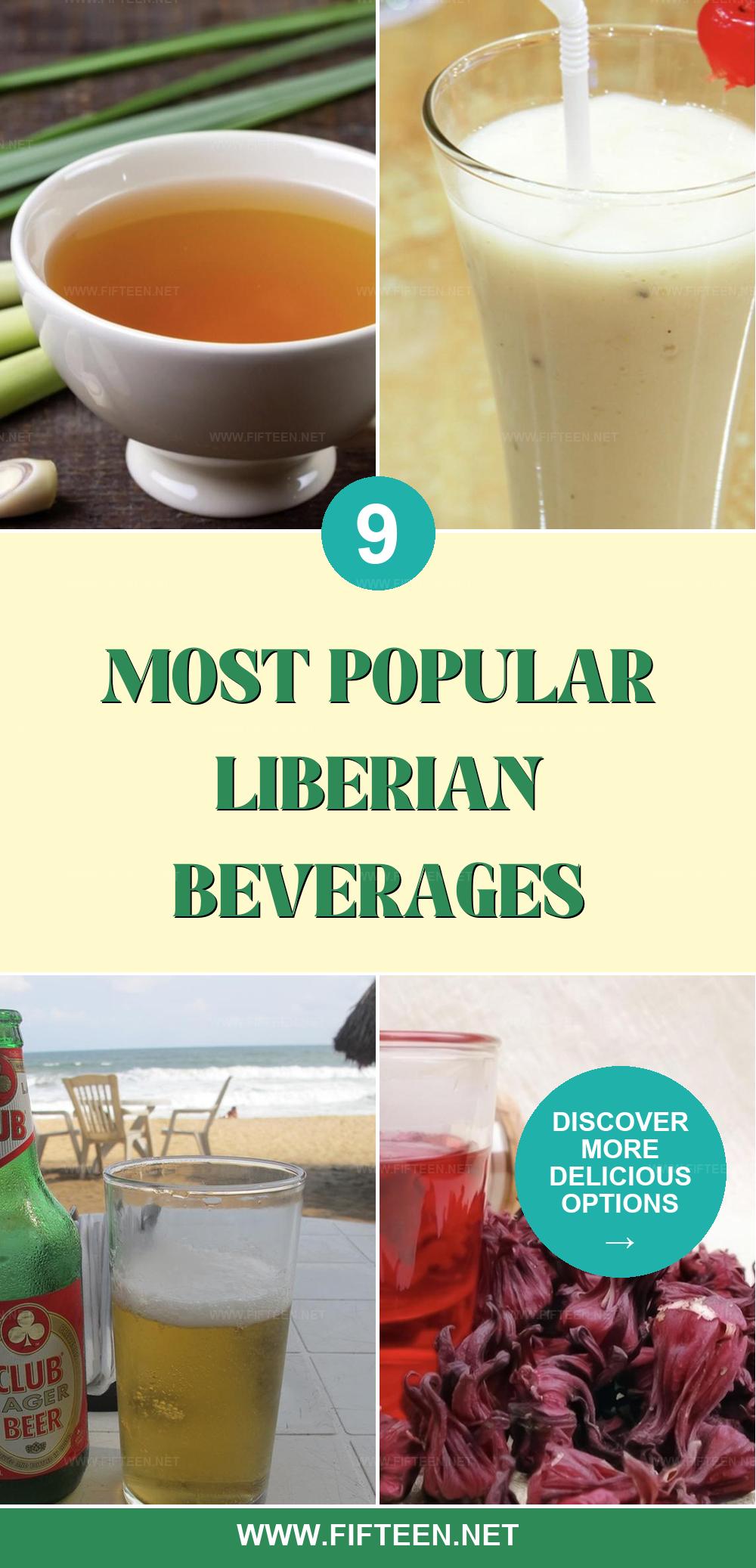
Jamie Scott
Editor in Chief, Senior Content Writer
Expertise
Home Cooking, Meal Planning, Recipe Development, Baking and Pastry, Food Editor, Cooking-video Maker, Western Food Evaluation Expert
Education
Le Cordon Bleu College of Culinary Arts
Local Community College, New York, NY
Jamie Scott is a skilled culinary expert and content creator specializing in Western cuisine. With over 15 years in the culinary field and formal training from Le Cordon Bleu, Paris, Jamie deeply understands how to blend nutrition with delicious flavors. His passion for cooking matches his commitment to making healthy eating accessible and enjoyable.
On Fifteen.net, Jamie brings a fresh perspective to classic dishes and beverages, offering readers insightful recipes, cooking tips, and a fresh view on meal planning that emphasizes taste, health, and simplicity.